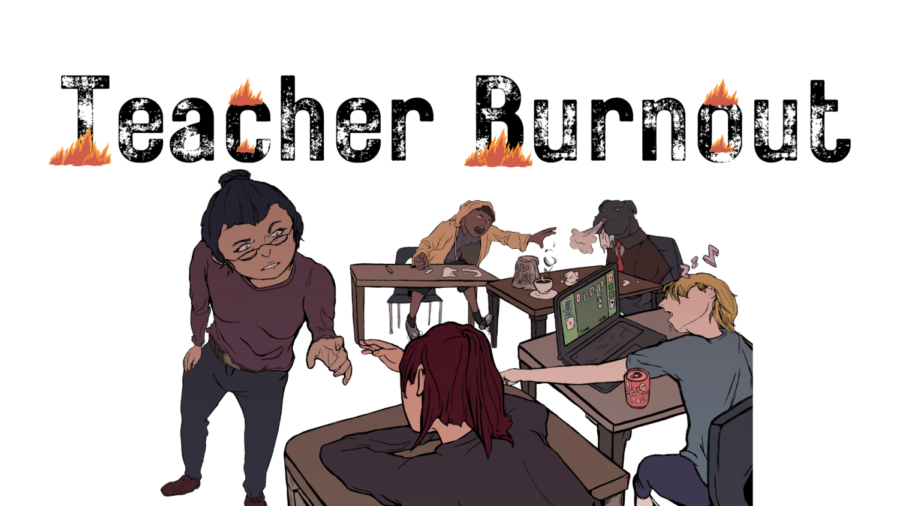Overworking teachers can lead to lower job satisfaction, loss of motivation to perform at their highest level, and even resignation. It can affect educational quality, as fewer experienced and motivated teachers are available to teach students. It can have a knock-on effect on the quality of education.
Stressed-out instructors are more likely to suffer from physical and mental health problems, such as high blood pressure and burnout. Long workdays can lead to stress, anxiety, sadness, and weariness, leading to physical and emotional health difficulties.
Finally, overworked teachers may see a decline in student achievement. Overworked and stressed-out instructors are less likely to be able to give their kids the assistance and direction they require. It may result in fewer students showing interest in learning, worse marks, and a lack of excitement.

In conclusion, overworked teachers may compromise the standard of instruction. It may result in a loss in job satisfaction, problems with physical and mental health, and lower academic accomplishment. School officials must recognize the effects of overworking and implement measures to limit the number of hours teachers work.
Article by Victoria Davies
Grade 3 Homeroom Teacher
Canadian Bridge Academy Abuja

